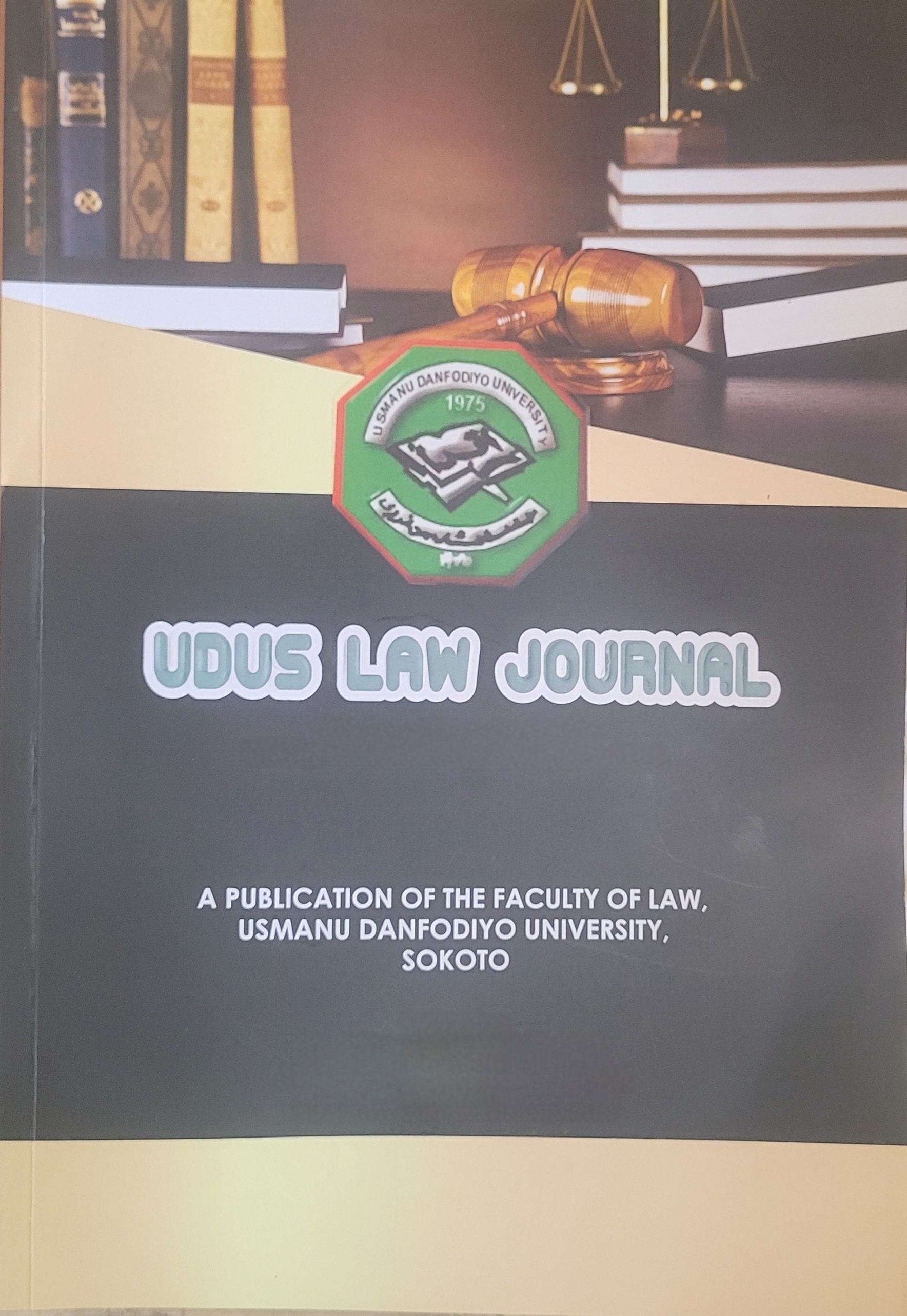Abstract
The Derivative action is the legal mechanism which allows a minority shareholder to change the balance of power within the corporation (at least temporarily) on the company’s behalf. In other words, it is a statutorily prescribed remedial device which can be utilised to outwit the powerful majority in order to give succour to the weak minority in a company. This is possible because the device of derivative action affords opportunity for a (minority) member to be subrogated in the position of the company to remedy a wrong done to the company. The law recognises corporate malfeasance as an event in corporate life with a probability of occurrence. It thus prescribes a general code of conduct (in the form of duties) to superintend the acts of corporate officers. This paper adopted doctrinal method in observing that any case of corporate malfeasance will be either a managerial breach of duty or corporate wrongdoing under CAMA or under the company’s constitutional document, these provisions keep the directors on their toes, so that chances for corporate maladministration are much reduced. Consequently, the CAMA improved upon this by now requiring the objective standard of a degree of competence expected from a company director having regard to the circumstances of the case. Corporate malfeasance destroys the corporate system. Apart from innate human greed, the structure of corporate ownership in Nigerian companies does more to encourage corporate malfeasance. In order to entrench good corporate governance culture and practices in Nigerian companies, the role of shareholders is indispensable once sensitised, the Nigerian shareholder becomes placed to demand that the affairs of the company be conducted fairly and prudently. In this way the efficacy of the remedial device will become naturally noticeable.



 National Library of Nigeria
National Library of Nigeria.jpg) Association of Nigerian Authors
Association of Nigerian Authors Nigerian Library Association
Nigerian Library Association EagleScan
EagleScan Crossref
Crossref